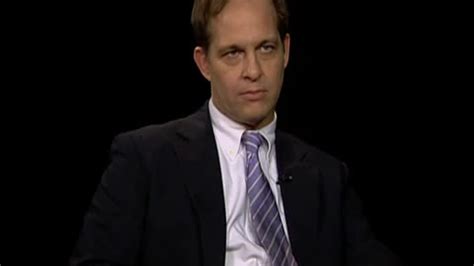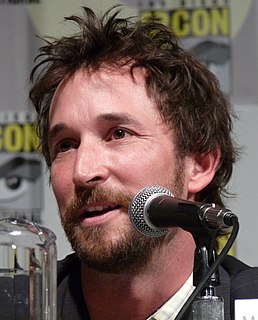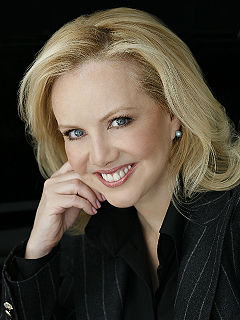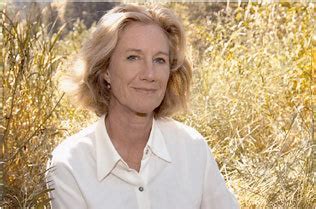A Quote by Al Jarreau
My mother and father come from that post-Depression, middle-of-World-War -I kind of thinking that says, 'Find a practical job. You know what I mean, Mr. Big Shot? So, you can sing a song ...'
Related Quotes
I mean I think that when you've got a big brain, when you find yourself planted in a world with a brain big enough to understand quite a lot of what you see around you, but not everything, you naturally fall to thinking about the deep mysteries. Where do we come from? Where does the world come from? Where does the universe come from?
My parents, like others of "The Greatest Generation" who lived through the Great Depression and World War II, wanted to provide the best possible life for their children. My mother and father both attended college but dropped out to earn a living during the Depression, working the rest of their lives at blue-collar work.
Well, you know, there's depression and depression. What I mean by depression in my own case is that depression isn't just the blues. It's not just like I have a hangover in the weekend ... the girl didn't show up or something like that. It isn't that. It's not really depression, it's a kind of mental violence which stops you from functioning properly from one moment to the next. You lose something somewhere and suddenly you're gripped by a kind of angst of the heart and of the spirit.
An audience will let you know if a song communicates. If you see them kind of falling asleep during the song, or if they clap at the end of a song, then they're telling you something about the song. But you can have a good song that doesn't communicate. Perhaps that isn't a song that you can sing to people; perhaps that's a song that you sing to yourself. And some songs are maybe for a small audience, and some songs are for a wide audience. But the audience will let you know pretty quickly.
I don't know if Britain ever really achieved that much glamour. We had post-war austerity rather than post-war prosperity, and our cultural products of the time include some pretty dour kitchen-sink dramas of the A Kind of Loving variety. (This kind of film seems disillusioned with the sixties before they've even really begun.)
The war now is away back in the past, and you can tell what books cannot. When you talk, you come down to the practical realities just as they happened. You all know this is not soldiering here. There is many a boy here today who looks on war as all glory, but, boys, it is all hell. You can bear this warning voice to generations yet to come. I look upon war with horror, but if it has to come, I am there.




































